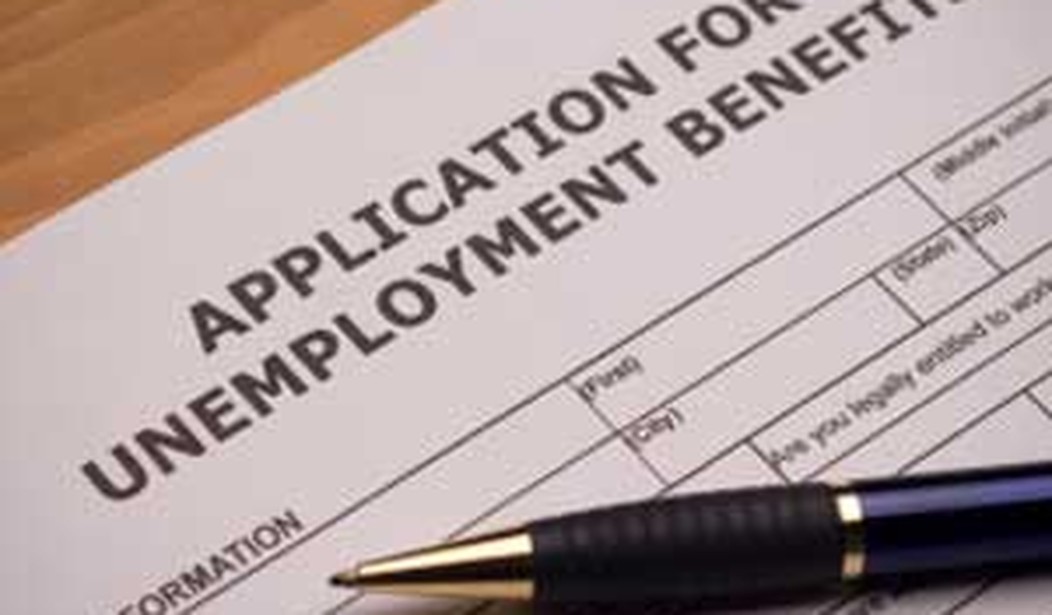WASHINGTON – Congressional Democrats are pressuring Republicans to once again extend emergency benefits to the nation’s unemployed, asserting that more than one million people unable to find work will see their assistance expire just after Christmas unless the issue is addressed.
Democrats on the House Ways and Means Committee signed and sent a letter to Rep. Dave Camp (R-Mich.) asking the panel’s chairman to hold a hearing on the approaching end of the federal Emergency Unemployment Compensation program, characterizing it as “an urgent economic issue.”
“With the end of the year fast approaching, we must hear from Americans who just days after Christmas would immediately lose their unemployment insurance if Congress takes no action,” the letter said. “We invite you to work with us in setting up such a hearing, so that the human consequences of the pending expiration of the federal unemployment insurance program are fully understood.”
Republican lawmakers have remained relatively quiet about the looming deadline. A spokesman for House Speaker John Boehner (R-Ohio) would only say GOP leaders would consider an extension proposal.
Legislation has been introduced in both the House and Senate to extend federal unemployment insurance benefits through 2014 at an estimated cost of $25 billion. The fate of those measures remains unclear.
“Both parties have extended emergency unemployment insurance in times of high unemployment and we need to continue that now,” said Sen. Debbie Stabenow (D-Mich.), a co-sponsor of the Senate bill. “The economy is getting better, but unemployment is still too high and there are still three people looking for work for every one job opening. Congress needs to focus on helping businesses create jobs, not pull the rug out from families unemployed through no fault of their own.”
The unemployment insurance system is a partnership between the federal and state governments that provides a weekly benefit to qualified individuals who lose their job and are seeking work. The amount of that benefit is based in part on a worker’s past earnings.
States typically provide unemployment benefits for 26 weeks. The temporary Emergency Unemployment Compensation, initiated in 2008 during the height of the financial crisis, allowed the states to extend that time limit. Last year lawmakers agreed to an extension and included a provision that allows individuals attempting to start their own businesses to continue collecting benefits even though they are not actively seeking new jobs.
Failure to preserve unemployment insurance will affect 1.3 million Americans who will find themselves cut off if an extension isn’t approved by Congress by Dec. 28. Another 1.9 million Americans will be denied access to the emergency program during the first six months of next year. If Congress does not renew the law, those out of work who file for unemployment benefits in 2014 will only qualify for state benefits, which last a maximum of 26 weeks. Reports show that the average unemployed person is out of work and searching for a new job for 36 weeks.
The federal government reports that 36 percent of those unemployed have been out of work for more than six months and the economy still has 1.5 million fewer jobs than before the 2008 recession.
Rep. Sander Levin (D-Mich.), ranking member on the House Ways and Means Committee, called the proposed extension “a jobs issue, plain and simple.”
“The Great Recession was deeper and longer than any economic downturn in the last 70 years and millions of Americans rely on federal unemployment insurance to stay afloat as they continue to look for work,” Levin said. “While our economy has made enormous progress, the severity of the recession continues to ripple throughout our nation and we must maintain this vital insurance for the long-term unemployed.”
The proposed extension through 2014 carries the support of the White House. Gene Sperling, director of the National Economic Council and assistant to President Obama for economic policy, told those attending the Washington Ideas Forum recently that “with an unemployment rate of 7.3 percent we need to raise the emergency unemployment insurance and push for extensions to 2014.”
But conservatives who control the House and can block legislation in the Senate have traditionally proved less enthusiastic about extending federal benefits. A 2008 report from the Heritage Foundation determined that very few studies support the idea that extending unemployment benefits significantly stimulates the economy. The report also found that the system encourages unemployed workers to stay out of work longer, leads employers to wait longer to rehire laid-off workers and does little to increase consumption.
That finding conflicts somewhat with the Economic Policy Institute, which determined that if unemployment benefits aren’t extended through 2014 the economy will lose 310,000 jobs that would have otherwise been generated through spending.
Sarah Ayres, an analyst in the economic policy department at the Center for American Progress, said federal cuts have already dramatically reduced the amount of unemployment benefits available to workers.
In 2012, Ayres said, Congress cut the number of weeks of federal unemployment benefits available to all states and raised the unemployment-rate threshold at which states can receive maximum benefits. Now, federal unemployment benefits in every state are significantly less generous than in the recent past.
Only one-third of the nation’s long-term unemployed workers are receiving federal benefits. Should Congress allow emergency unemployment compensation to expire, that number would drop to one-fourth. In addition, sequestration has resulted in a decrease in the weekly benefit amount. The average worker now collects just $269 per week, compared to $296 last year.









Join the conversation as a VIP Member